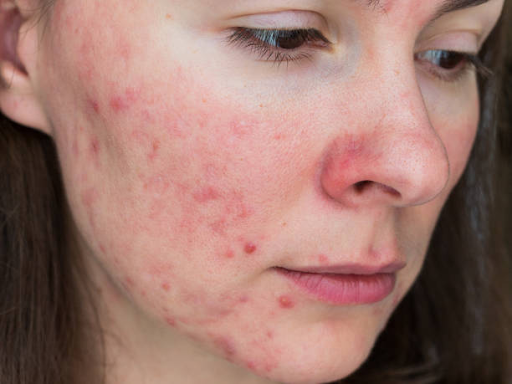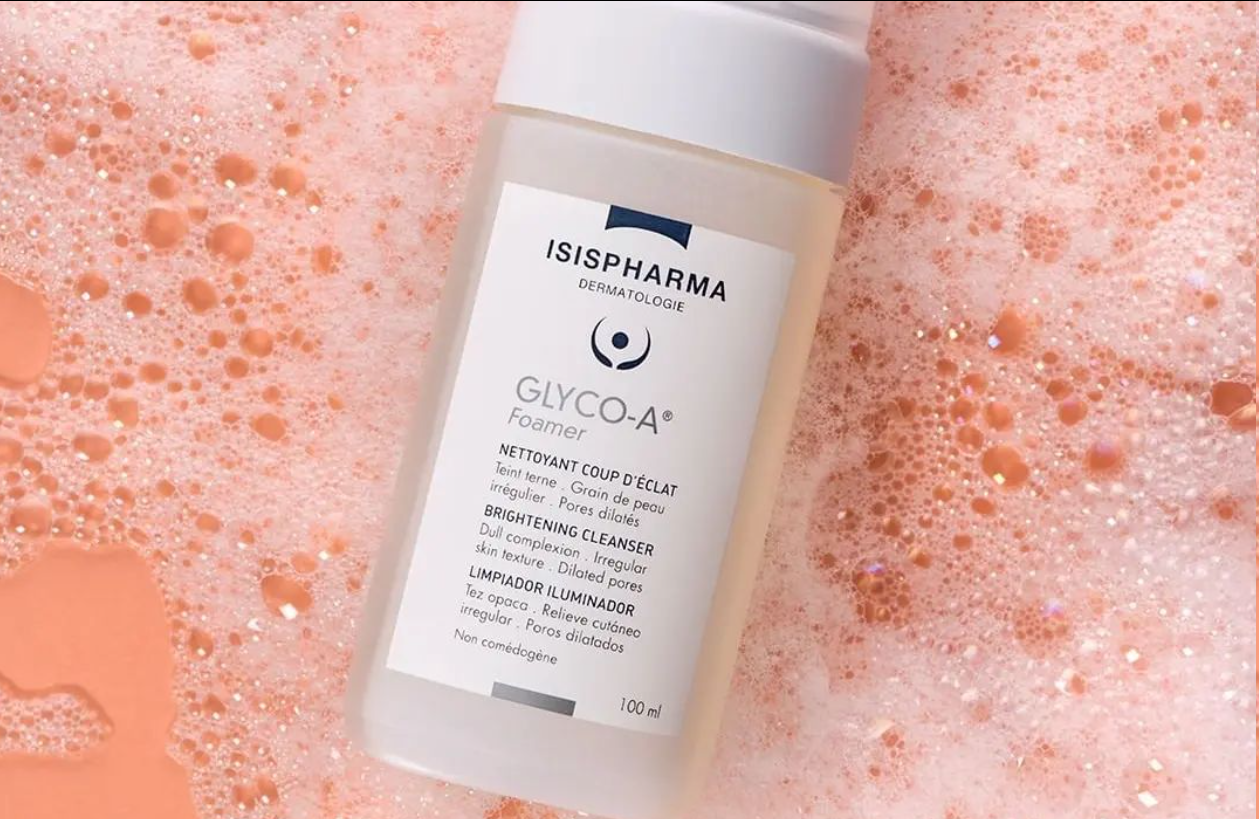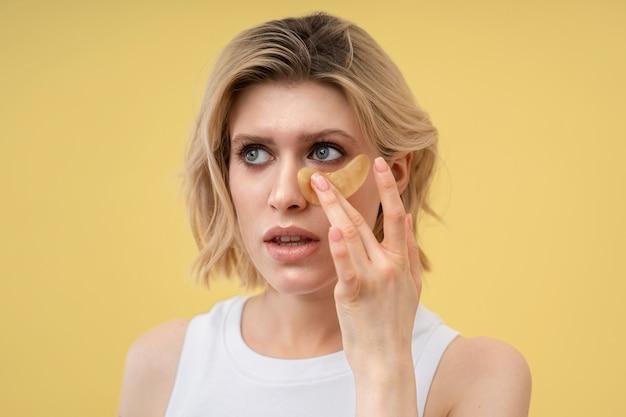Soothe Your Skin: Quick Relief & Prevention for Facial Redness
Experiencing red, irritated skin on your face can not only be uncomfortable but can also affect your self-esteem. Whether it’s from harsh skincare products
or environmental triggers, nobody wants to deal with the itchiness and discomfort that comes with this condition. Fortunately, there are fast and effective ways to reduce redness and irritation. This article will explore various measures, from simple home remedies and skincare adjustments to when you should consider seeking medical treatment. By understanding the underlying causes and how to tackle them, you’ll have clearer, calmer skin in no time.
Understanding the Causes of Facial Redness
To effectively soothe your skin, it’s crucial to understand what’s causing irritation in the first place. Often, facial redness is the result of an inflammatory response to various internal or external factors. Some people may find that their skin reacts to specific ingredients in skincare or makeup products, while others could be sensitive to foods, stress, or environmental elements like wind or sun exposure.

Identifying Common Skin Irritants
- Skincare products containing alcohol, fragrances or preservatives can strip the skin of its natural oils, leading to redness and irritation.
- Environmental factors such as extreme temperatures, wind, and UV exposure can damage your skin barrier and cause inflammation.
- Food allergies or sensitivities are often overlooked causes of skin irritation. Common culprits include dairy, gluten, and shellfish.
- Stress can exacerbate inflammatory skin conditions, as it prompts the body to release cortisol and other stress hormones.
The first step in soothing your irritated skin is avoiding these triggers once identified. Opt for hypoallergenic and fragrance-free products, protect your skin from harsh weather, and monitor your diet for potential allergens.
Recognizing Skin Conditions That Cause Redness
Some individuals may suffer from specific skin conditions that predispose them to facial redness. Conditions like rosacea, eczema, and contact dermatitis require tailored approaches to management and treatment. If over-the-counter products and home remedies aren’t bringing relief, consulting with a dermatologist can provide insight into your specific condition and a targeted treatment plan.
Immediate Relief for Red, Irritated Skin
When you’re dealing with an uncomfortable, red face, immediate relief is your priority. There are several ways to soothe your skin at home before moving on to long-term solutions.
First Aid Measures to Reduce Redness
- Begin with a gentle cleanser to remove any potential irritants from the skin’s surface.
- Apply a cool, damp cloth to the affected area. This can help reduce inflammation and provide relief.
- For extra soothing, try refrigerating your skincare products before applying them, as the cooling effect can help to calm your skin.
- Consider over-the-counter treatments with anti-inflammatory properties as a temporary measure.
Note that while these steps can offer quick relief, they are not replacements for long-term care and should be followed up with more sustained treatments.
Skincare Ingredients to Look For
- Aloe Vera: Known for its soothing and healing properties, aloe vera can reduce redness and inflammation.
- Chamomile: Containing α-bisabolol, an anti-inflammatory compound, chamomile can help mitigate the symptoms of irritated skin.
- Hydrocortisone: This mild steroid cream can be used for a short period to reduce swelling and redness associated with mild skin reactions.
When looking for topical skin care products, consider labels listing these ingredients for their calming effects. It’s also important to perform a patch test before fully incorporating a new product into your routine.
Long-Term Prevention and Care
For lasting results, a consistent skincare routine and lifestyle adjustments are necessary. This means gentle care, reinforcing your skin barrier, and taking steps to reduce potential triggers. Let’s consider daily essentials and lifestyle tips for long-term skin health.
Daily Skin Care Routine Essentials
Avoiding irritants and reinforcing your skin’s natural barrier are two of the most critical elements in caring for sensitive skin. Double-check your daily skincare regimen to ensure it supports this approach:
- Use a gentle, pH-balanced cleanser that won’t strip your skin of its natural oils.
- Always moisturize to keep your skin hydrated and protect it from environmental aggressors.
- Apply a broad-spectrum sunscreen daily to guard against UV-induced inflammation and redness.
These simple steps can significantly impact the comfort and appearance of your skin over time.
Lifestyle Adjustments for Healthier Skin
Beyond products, your lifestyle can either contribute to or alleviate facial redness. Here are actionable steps you can take:
- Increase your water intake to ensure your skin is well-hydrated from the inside out.
- Adopt a diet rich in anti-inflammatory foods that support skin health.
- Implement stress-reduction techniques like meditation, yoga, or deep-breathing exercises.
Being mindful of your body’s needs can help you maintain healthy and calm skin.
Medical Treatments and When to Seek Help
If after trying various home remedies and over-the-counter solutions your skin remains red and irritated, it may be time to consider professional help.
Prescription Solutions and Procedures
For chronic or severe cases of facial redness, a dermatologist can prescribe topical treatments or suggest in-office procedures. These solutions can range from medicated creams to more advanced interventions.
This table showcases some of the prescription treatments your dermatologist may consider depending on your specific diagnosis and skin needs.

Signs That Indicate a Need for Professional Help
While mild redness and irritation can often be treated at home, there are certain signs that should prompt you to seek a dermatologist’s help:
- Persistent redness that doesn’t improve with home care
- Irritation that worsens over time
- Signs of infection, such as pus, increased pain, or unusual warmth in the affected area
- Symptoms that affect your daily activities and well-being
Don’t hesitate to consult a professional if red, irritated skin becomes a recurring or persistent issue. A proper diagnosis and specialized treatment plan can make all the difference.
Conclusion
Facial redness and irritation can strike at any time, but with the right knowledge and tools, you can restore your skin to its natural, comfortable state. By understanding the contributing factors, addressing immediate discomfort, and implementing long-term prevention strategies, you’ll soon see an improvement in your skin’s health. Remember, if your skin concerns persist despite your best efforts, consult with a dermatologist for a personalized approach to your skin care needs.
FAQs
1. How quickly can I expect over-the-counter products to reduce my facial redness?
Over-the-counter products like hydrocortisone creams or antihistamines may provide immediate relief for mild irritation. However, the timeframe for visible improvement can vary depending on the cause of redness and individual skin type. It can range from a few hours to a few days for significant change.
2. Can changing my diet really help with facial redness?
Absolutely. Certain foods can trigger inflammation and exacerbate skin conditions. A diet rich in anti-inflammatory foods like omega-3 fatty acids, green leafy vegetables, and berries could help lessen facial redness over time.
3. What should I do if my skin is red and irritated after trying a new skincare product?
Stop using the new product immediately. Wash your face with a gentle cleanser and apply a soothing moisturizer or aloe vera. If irritation persists, consult a dermatologist for further advice, especially if you experience severe discomfort or swelling.
4. Are there any natural remedies I can use to soothe my irritated skin?
Yes, natural remedies such as aloe vera, chamomile, and oatmeal masks can soothe irritated skin. However, ensure you’re not allergic to these ingredients by performing a patch test before applying them to your face.
5. When should I see a dermatologist for red, irritated skin?
You should consult a dermatologist if your skin doesn’t improve with home remedies or over-the-counter products, if the redness or irritation is persistent and recurring, or if you have symptoms like intense itching, pain, or signs of infection.


